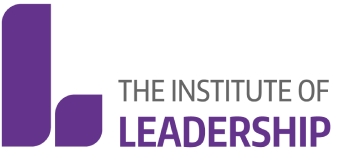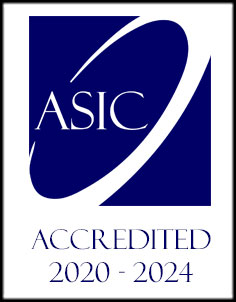Course Overview
Today's leaders are constantly being challenged to evolve their organisations or departments if they are to survive and prosper. Nowhere is this more apparent than in the public sector where, under pressure to demonstrate value for money and maximum efficiency, organisations are required to do more with less. Forced to modernise, leaders are increasingly looking to change programmes to streamline processes and modernise working practices.
Participants on this course will explore two different but equally important elements of the change process. Firstly it will help participants pinpoint specifically where change is necessary for their organisations and what the change process is expected to achieve. This information can then be used to develop a coherent strategy for change that includes clear and realistic goals to achieve these objectives.
Secondly, this course will address the most commonly cited reason for unsuccessful change efforts: a failure to secure the support of the workforce. Participants will learn how to construct a logical argument to explain the reasons for change, engage staff in the process and identify ‘change agents’ that people can turn to for support and guidance throughout the change process.
This course will also include a ‘change surgery’ which will focus on participants’ own efforts to instigate change in their organisations, making use of the Chair and fellow delegates’ experiences to develop an implementation plan to instigate upon their return to their workplace.

The Institute of Leadership has approved this training course. The Institute combines years of research, knowledge and innovation to champion the leadership agenda for alL and since 1947 they have carried out extensive research into the knowledge, skills, attitudes, behaviours and values of great leadership. Based on The Institute's core leadership values, this course meets the standard that enables learners who have completed to access the following benefits:
- Membership of The Institute of Leadership will be in receipt of an ICPS/The Institute joint Certificate of achievement for the course
- Access to a raft of resources to help you with your continuing professional development, including an award-winning library of e-learning content
- A community of over 70,000 members worldwide enabling you to collaborate and grow your knowledge and skills
- Receipt of weekly news updates, podcasts and cutting-edge research and a monthly published journal and invitations to topical webinars
- Authorisation to use approved letters AMInstL (Associate Member of The Institute of Leadership) after your name for business correspondence
Topics Include
- Planning for change
- Diagnosing organisational culture
- Resistance to change and how to overcome it
- Change agents
- Engaging stakeholders
- Measuring the impact of change
Experts in the field will lead this training through interactive workshops, lectures and best practice case studies, fostering innovation, creative learning and networking amongst peers.
Learning Outcomes
By the end of this course delegates will be able to:
- identify where change is necessary for their organisations
- develop a change strategy including key milestones and outcomes
- communicate a convincing vision for change
- counter resistance to change
- develop monitoring and evaluation techniques to assess change effectiveness
Agenda
Day One
- - The Strategic View of Change
- - Why Change?
- - Vision to Realisation
- - The eight elements of Strategic Change
- - PESTLE
- - ROAMEF
- - Ten changes required
- - McKinsey's 7 S Model
- - Prosci Model
- - ADKAR
- - Lewin
Day Two
- - Key Stakeholders
- - Securing the support of senior management
- - Creating an environment of shared accountability and responsibility
- - Identifying the key players to successfully deliver change in your organisation
- - Stakeholder Management Tools and Techniques
- - Establishing a sense of urgency
- - Forming a change-coalition
- - Communicating change
- - Diagnosing Organisational Culture
- - Culture and Competing Values
- - Setting realistic goals
- - Reasons for Failure
- - Managing Resistance to Change
Day Three
- - What Makes a Team?
- - High Performing Teams
- - Characteristics of an Effective Change Management Plan
- - Key elements in a strategic change management plan
- - Creating Support for Change
- - Communicating a clear and coherent vision to change
- - The Change Curve - Kubler-Ross
- - Agents for Change
- - The skill-set of the change agent
- - Co-ordinating the message
Day Four
- - Project Management Tools and Techniques
- - The Programme and Project management cycle
- - Project Management methodologies
- - Tools and Techniques, Planning, Risk Management, Monitoring and Control, etc
- - Log frames vs Theory of Change
- - Momentum Maintenance
- - In Programme Monitoring
- - Seven Lenses Model
- - Measuring Impact of Change
- - Effectiveness and Efficiency
- - Change Management Effectiveness
- - Key Performance Indicators

